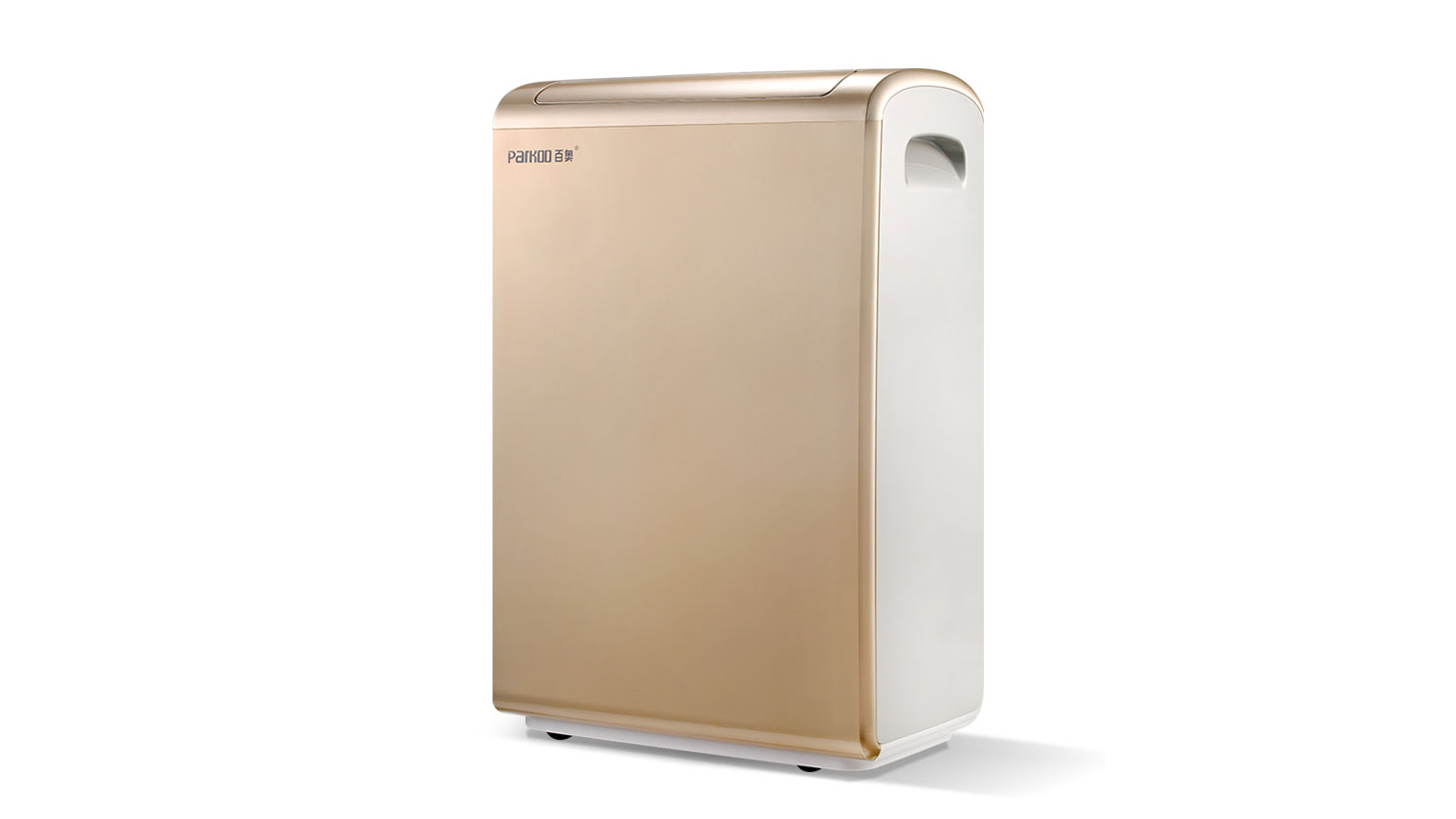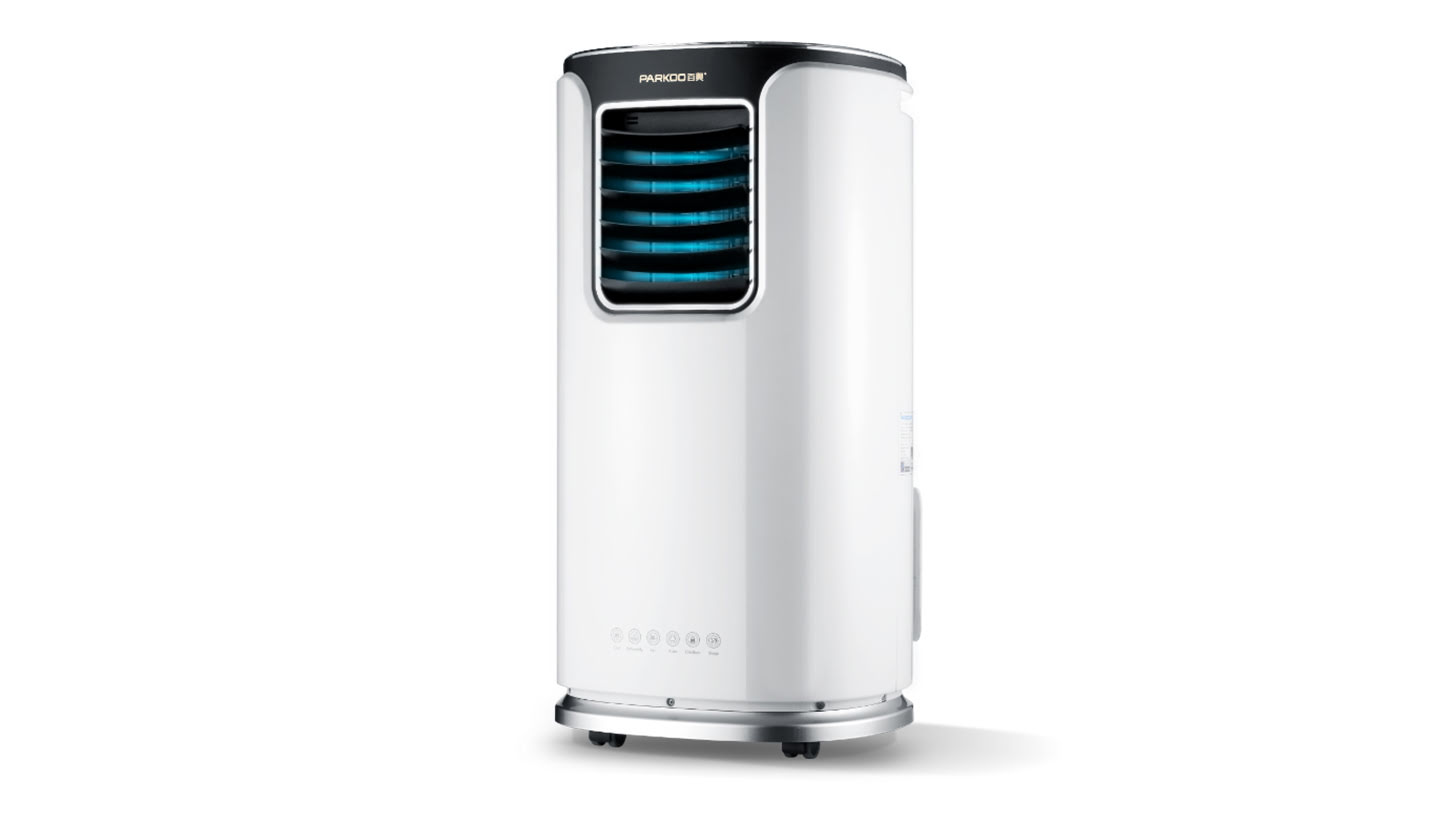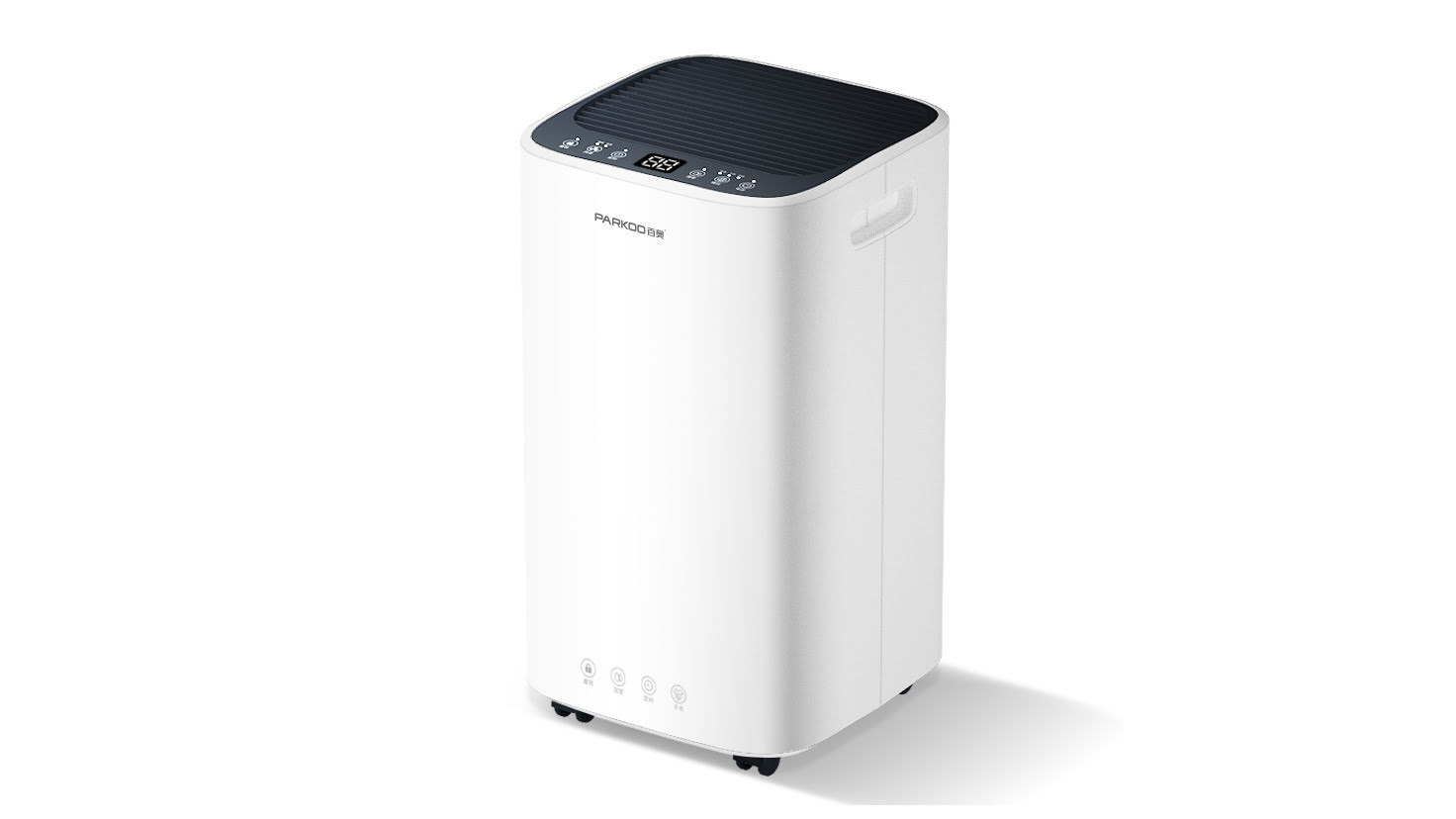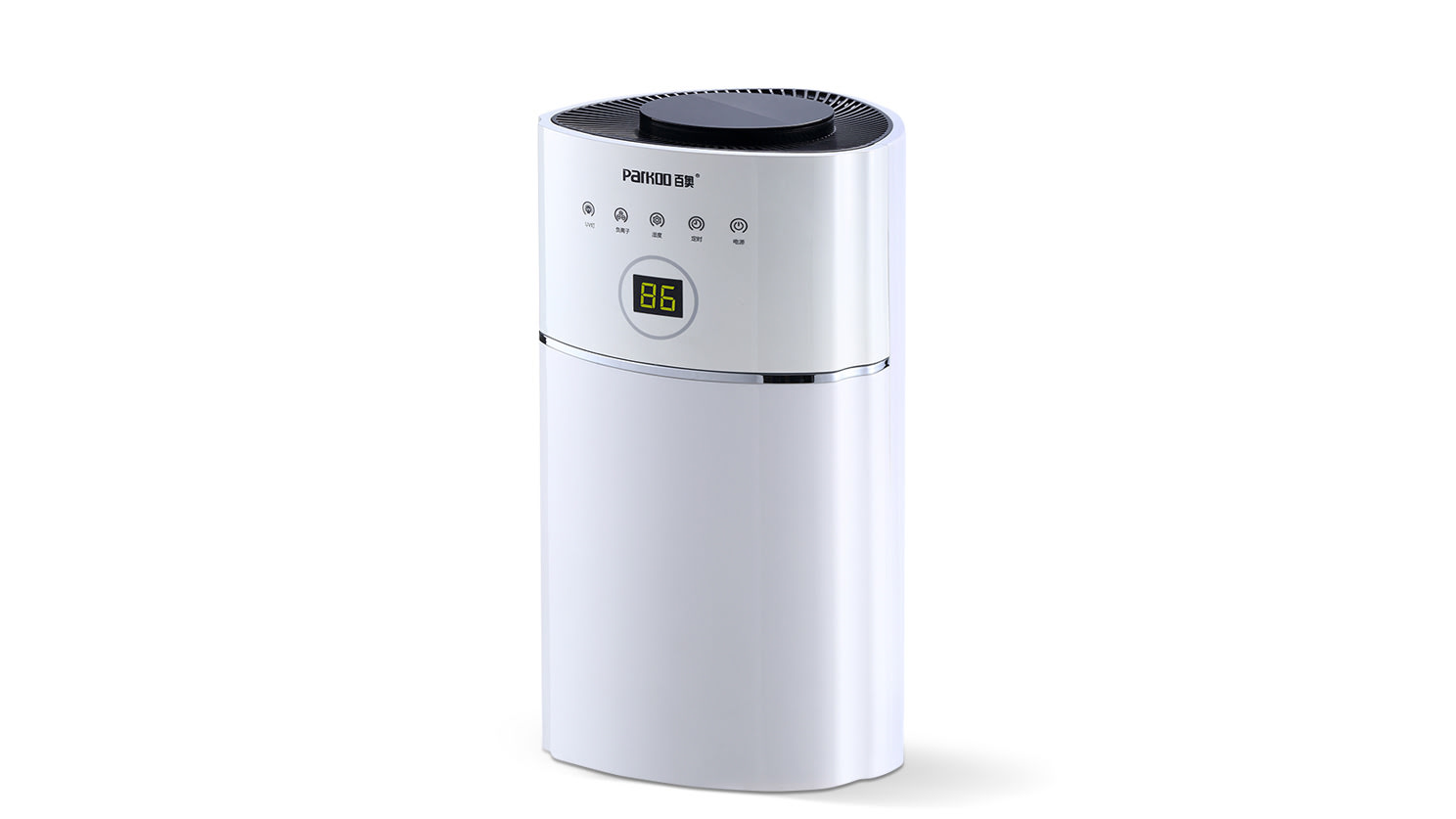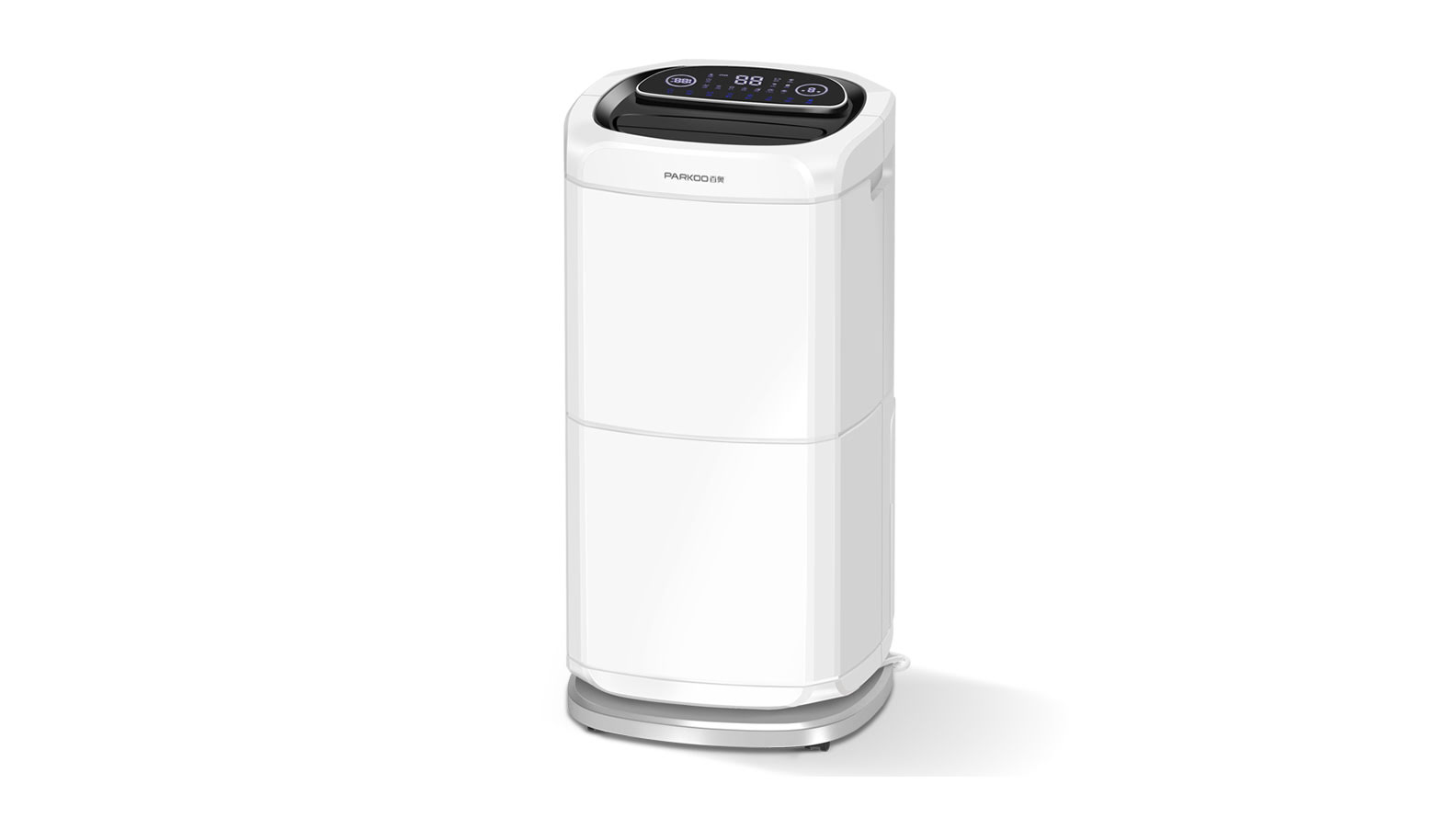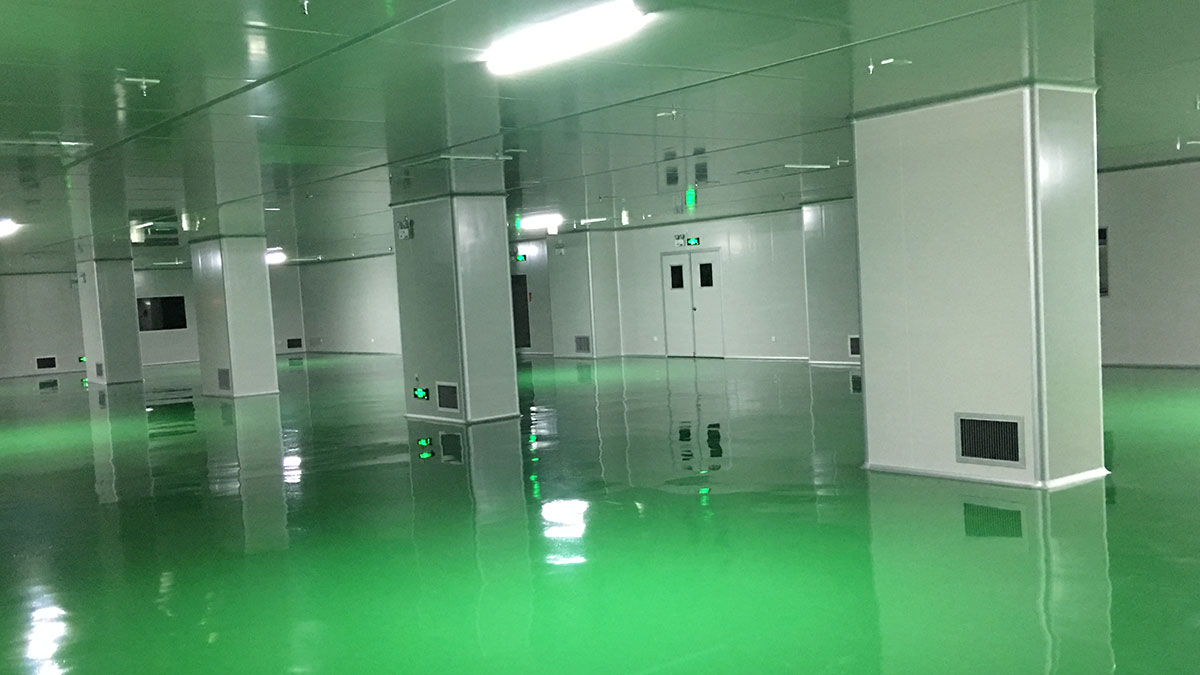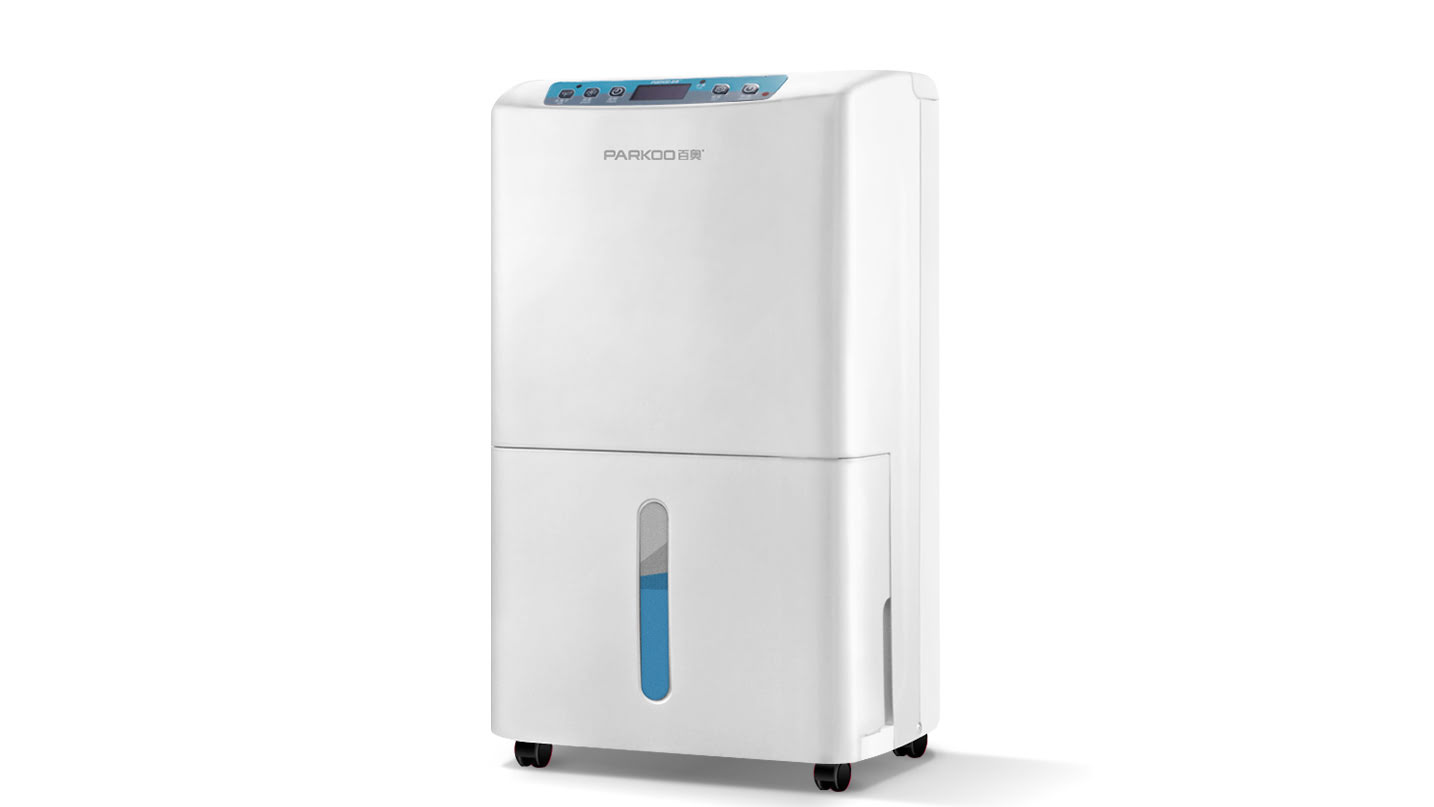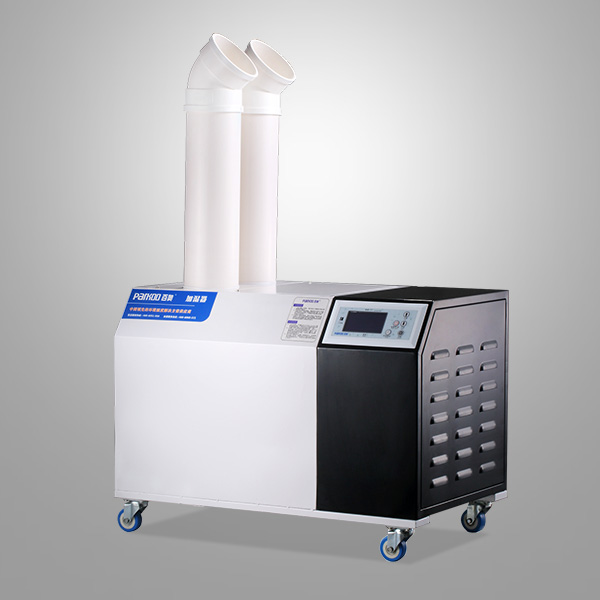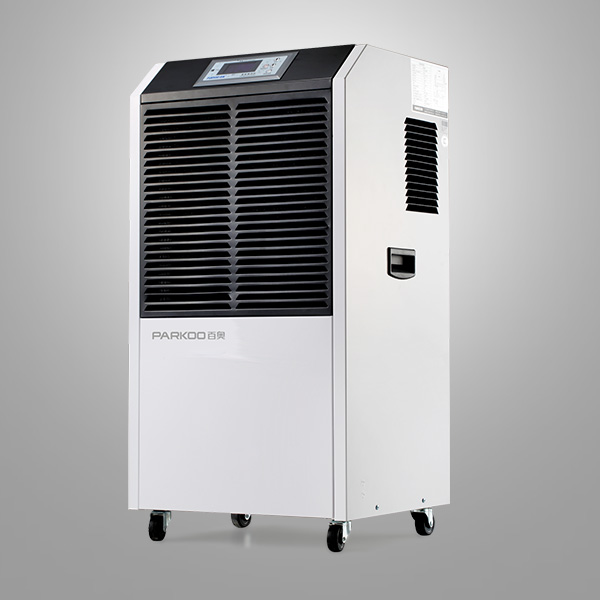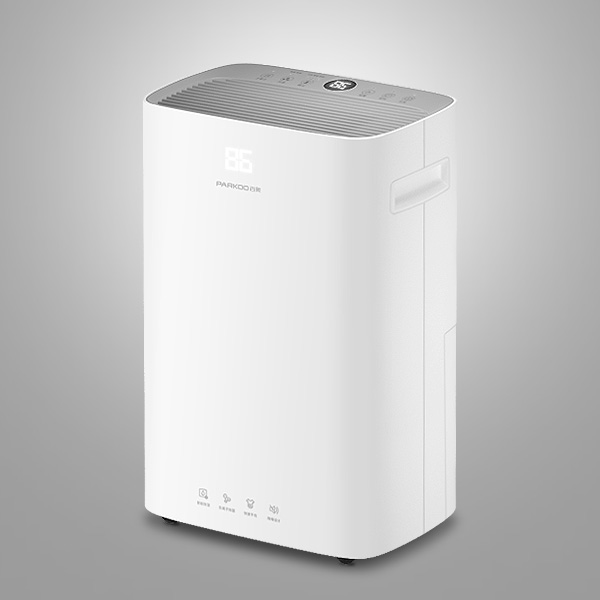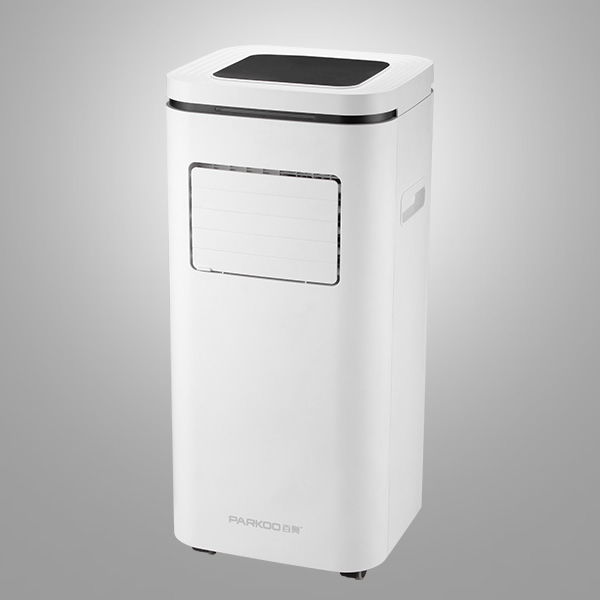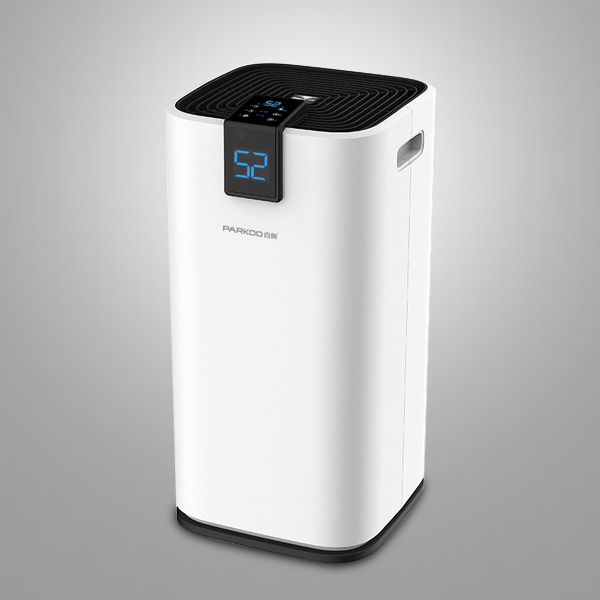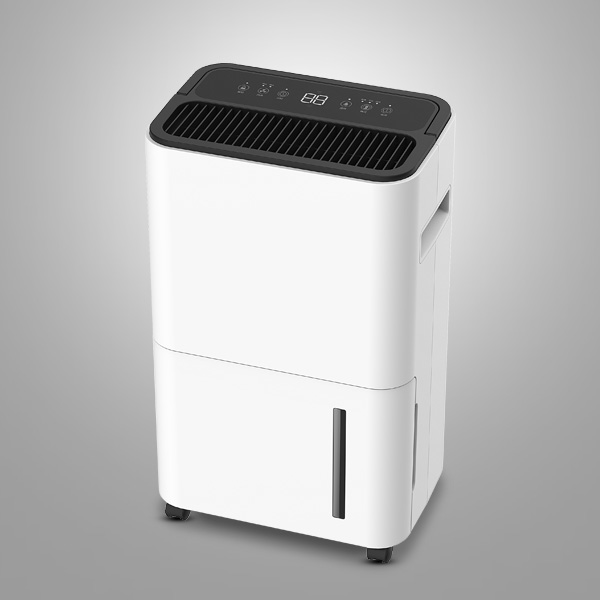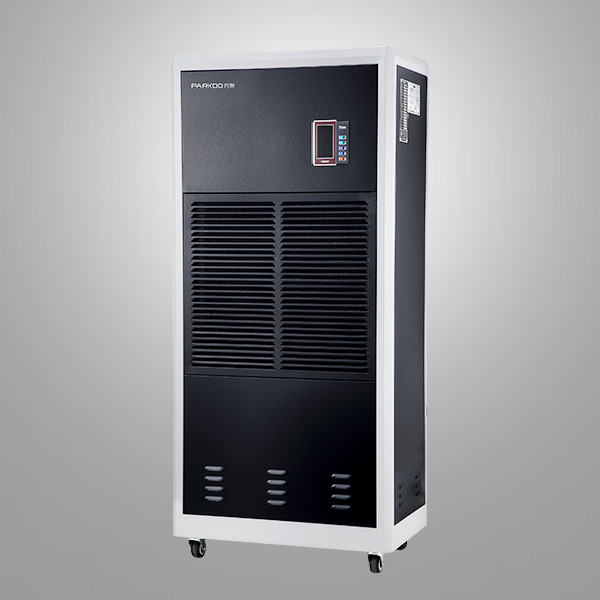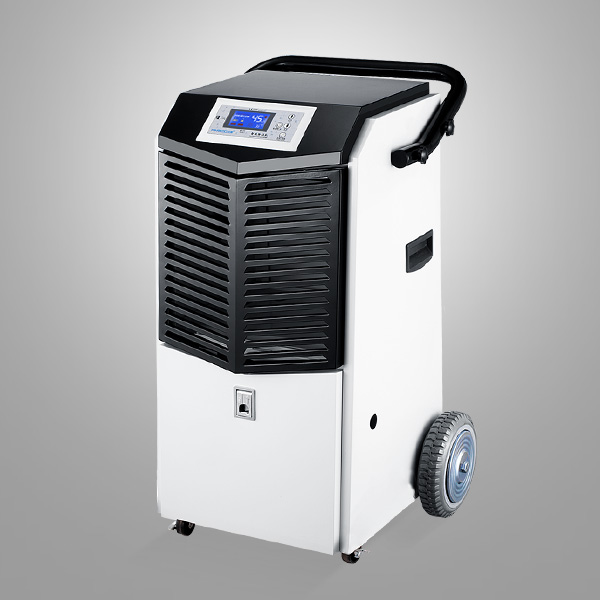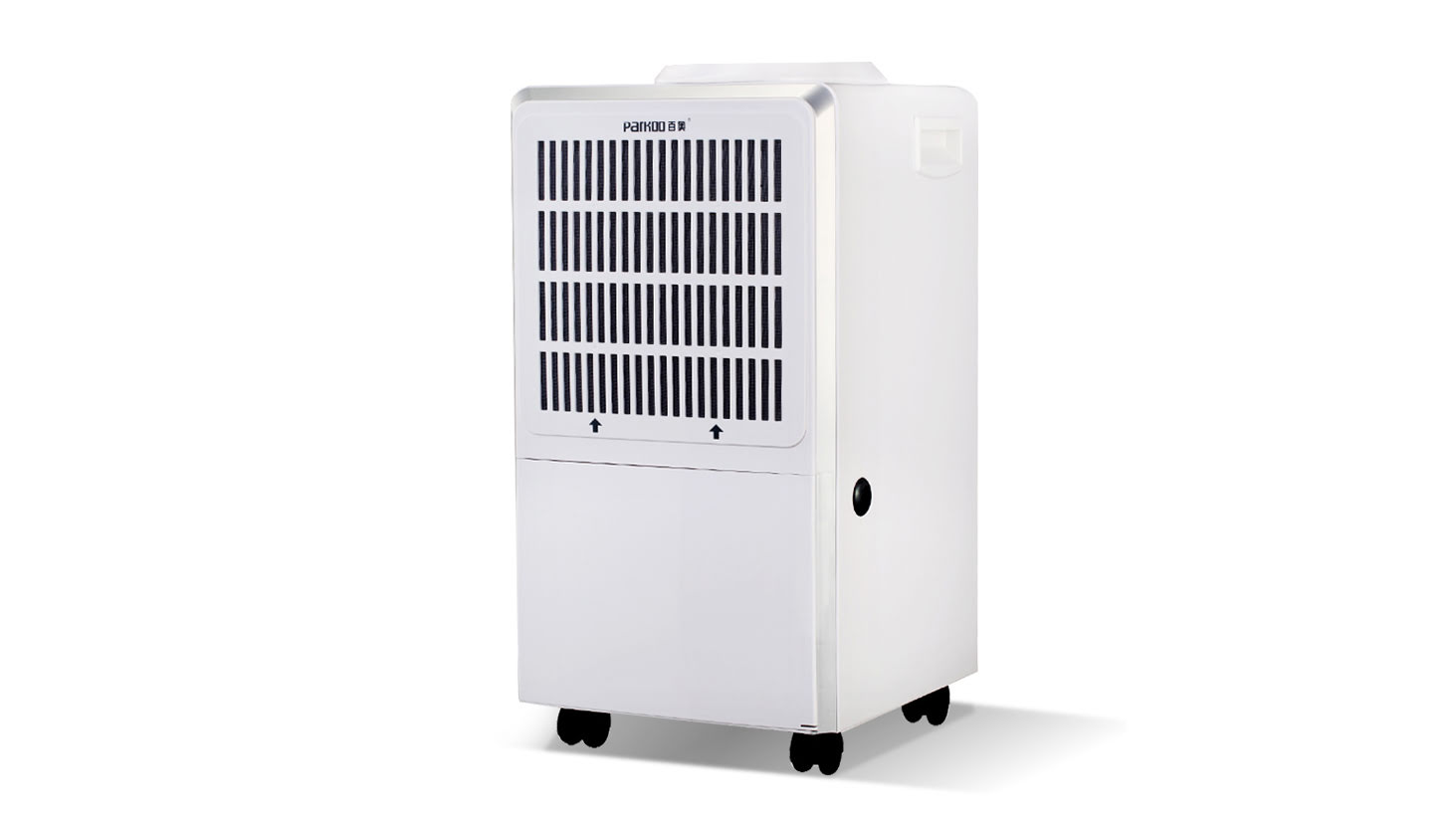Step 1- Find water
Families and enterprises can have many sources of water, including bathrooms, kitchens, basements and Clothes dryer. Use a relative humidity (RH) meter to measure different areas of the home. The comfortable RH level is between 40 and 50% - although in winter, you may want it to be below 40% to avoid condensation on the windows
Check the humidity level to determine the fault point
Look for condensation, wood decay, molds, and paint stripping
Check your basement, roof, attic, climbing space, closet, and windowsill for leaks
Check the sink, Check for leaks in the bathtub and pipes
Step 2- Use these ten tips to reduce moisture
When you see condensation or moisture, Please dry in time
Use kitchen and bathroom fans to exhaust steam
caulking and air cushion to prevent moist air
seal around the bathtub and sink to prevent water from seeping into the wall
Use Energy Star in the laundry room and basement ® Certified dehumidifier
sealed crawl space, And cover the dirt floor with polyethylene film
Install a sink and adjust the sewer to divert roof runoff
Install storm windows and dampers in winter
Add insulation to reduce heat transfer (causing condensation)
Improve the grading on your foundation, To transfer groundwater
Step 3- Improve ventilation
Remove outdated indoor air through ventilation and replace it with fresh outdoor air. In warm months, you can open doors and windows, but the most effective ventilation comes from appropriately sized fans. In addition to removing moisture, cleaning bathroom fans and dryer vents is a necessity for passenger safety. Other fan options include kitchen range hoods, attic vents, and whole house fans. To conduct a comprehensive assessment, please hire a qualified contractor to review the ventilation, insulation, and sealing requirements of the building
